Introduction:
Menopause, a natural stage in a woman's life, often brings a host of changes, and hair loss is one of them. Though it's a common concern, the topic of menopausal hair loss isn't discussed as openly as it should be. This post aims to shed light on this issue, offering insights into its causes, impact, and ways to manage it effectively.
Understanding Menopausal Hair Loss: The Hormonal Shift
- The Role of Hormones: Menopause signifies the end of a woman's reproductive years, accompanied by significant hormonal changes. Estrogen and progesterone levels decrease, which can lead to hair thinning and a slower hair growth rate.
- How Hormones Affect Hair: These hormonal shifts can affect the hair growth cycle, leading to an increase in hair shedding and a decrease in hair density.
- The Genetic Factor: Genetics also play a role in how significantly menopause affects hair health.
Identifying Menopausal Hair Loss: What to Look Out For
- Thinning Across the Scalp: Unlike male pattern baldness, menopausal hair loss typically involves a general thinning across the scalp.
- Texture Changes: Many women also notice changes in hair texture – hair might become finer, drier, or more brittle.
- Slow Hair Growth: The rate of hair growth may also slow down during this phase.
Managing Menopausal Hair Loss: Practical Tips
- Nutrition for Hair Health: A balanced diet rich in vitamins and minerals is crucial. Foods high in vitamin C, iron, and omega-3 fatty acids can support hair health.
- Gentle Hair Care: Opting for gentle hair care routines, avoiding harsh chemicals, and minimizing heat styling can help reduce hair breakage.
- Stress Management: Since stress can exacerbate hair loss, engaging in stress-reduction activities like yoga, meditation, or regular exercise is beneficial.
- Consulting a Professional: For personalized advice, it's always a good idea to consult a healthcare professional or a trichologist.
Conclusion: Embracing Change with Confidence
Menopausal hair loss, while challenging, can be managed with the right approach. Understanding the changes happening in your body, adopting a gentle hair care routine, and seeking professional advice when needed, can all contribute to maintaining hair health during menopause. Remember, menopause is a natural part of life, and with care and attention, you can navigate this transition with confidence and grace.







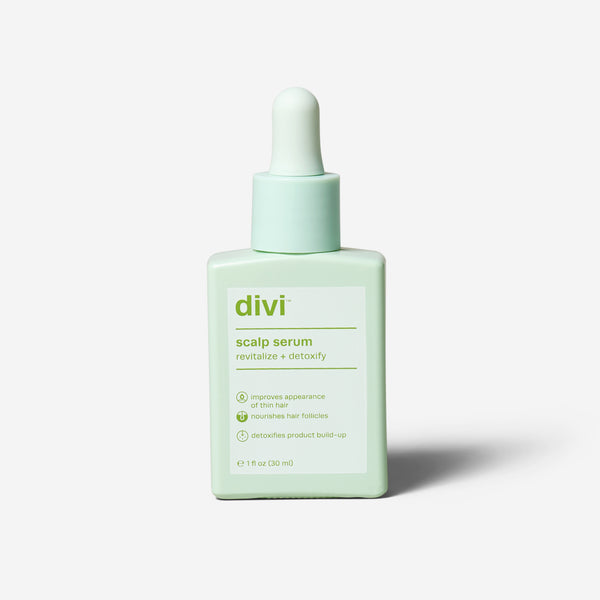

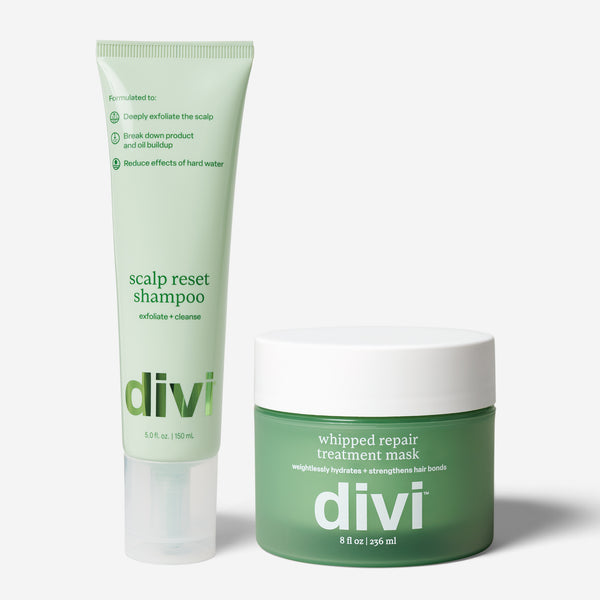

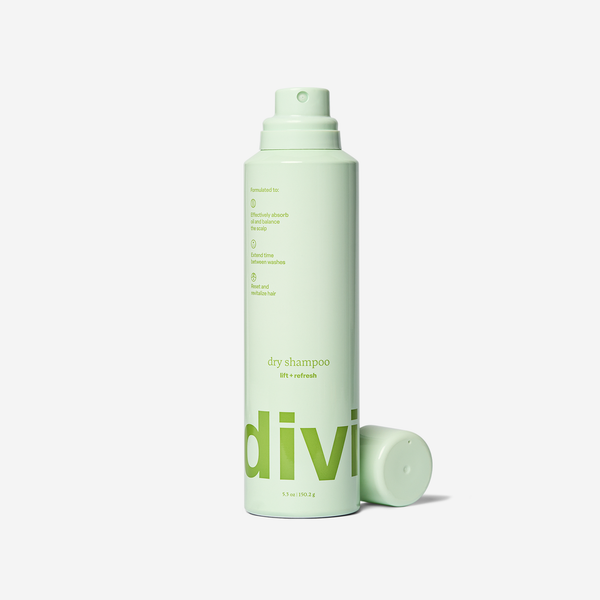

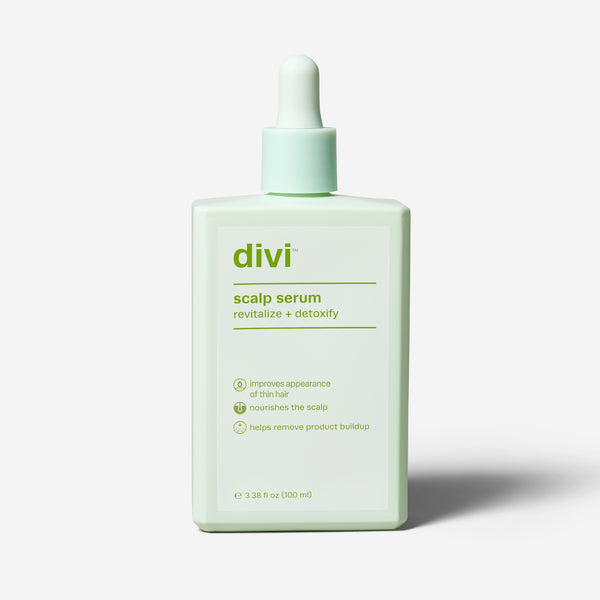
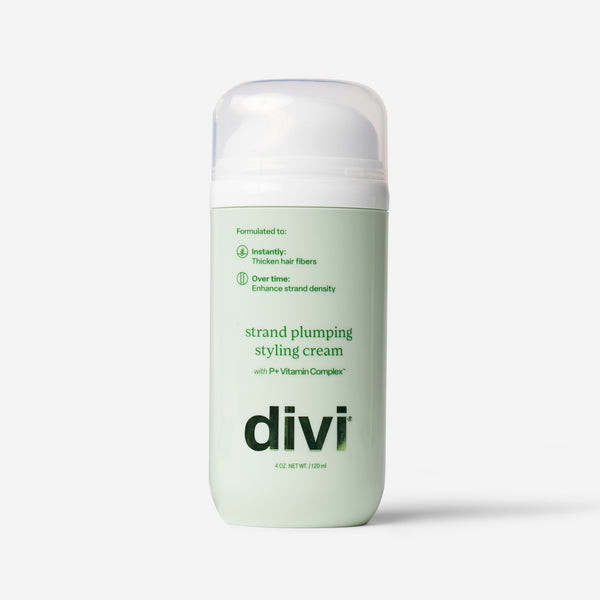
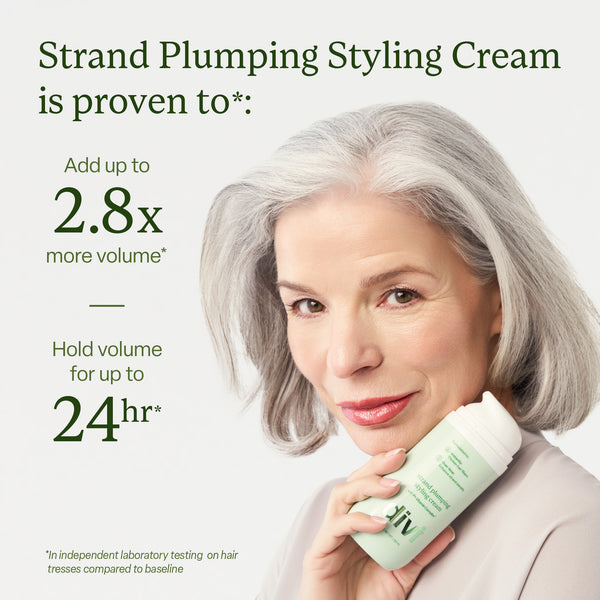

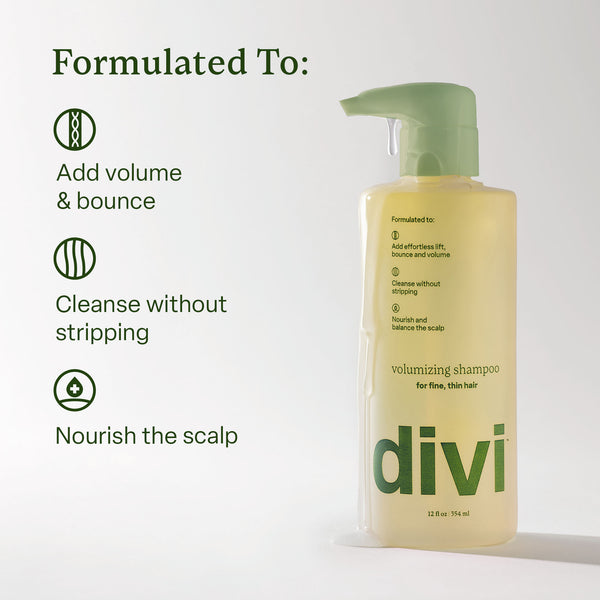
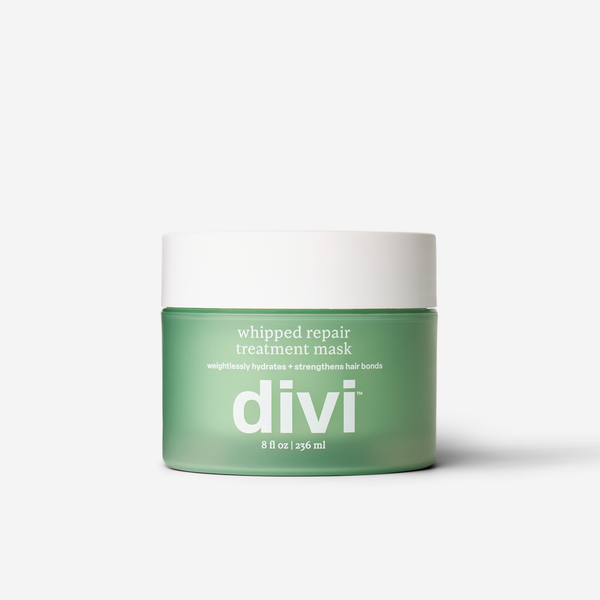
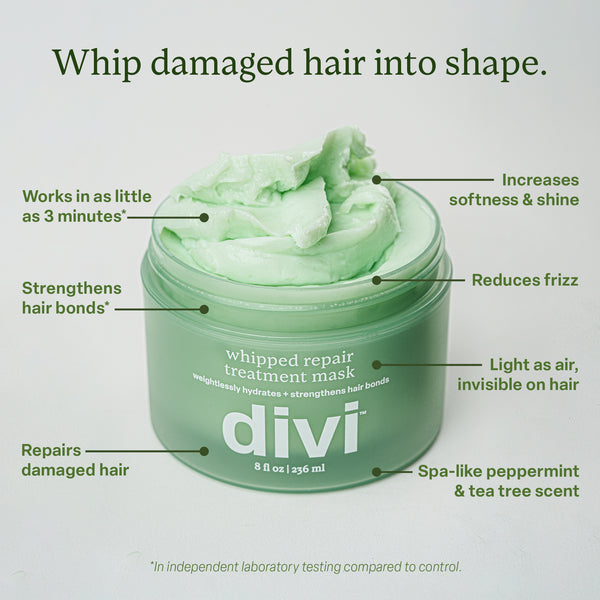


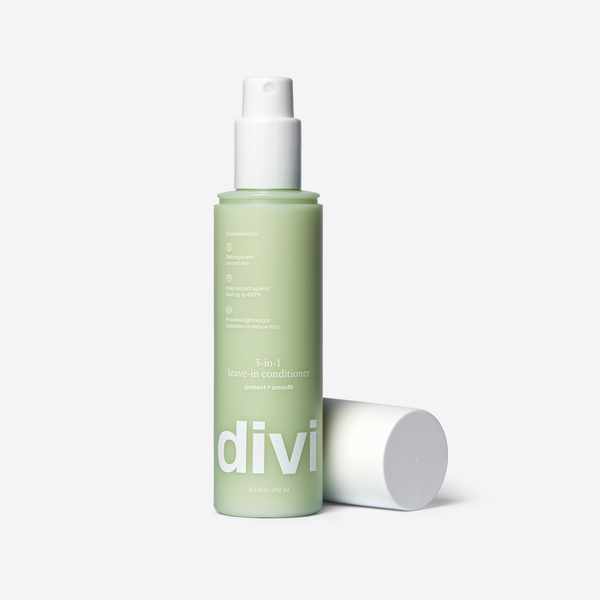
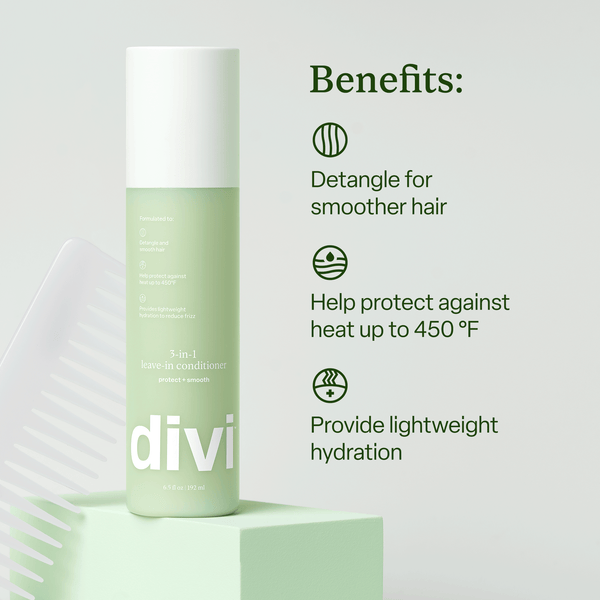
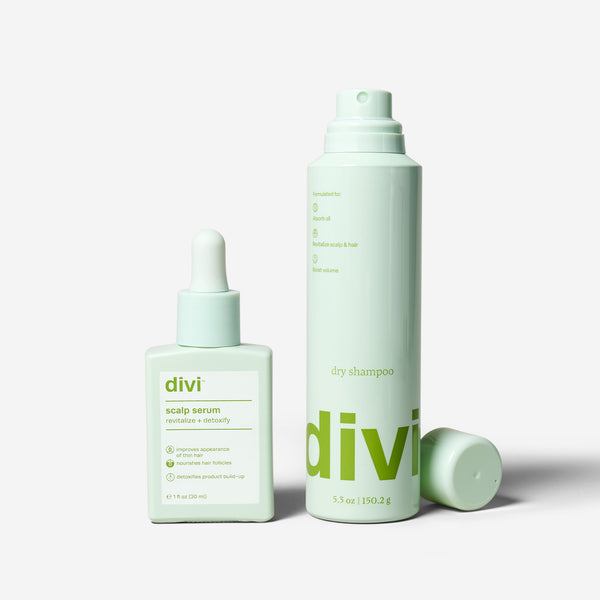


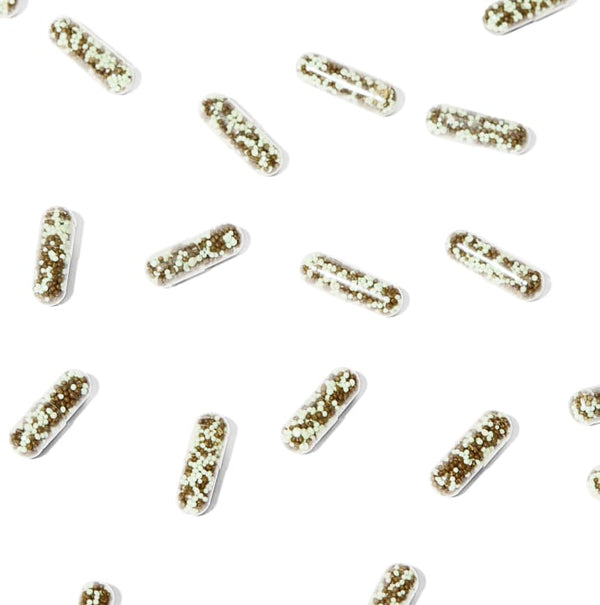



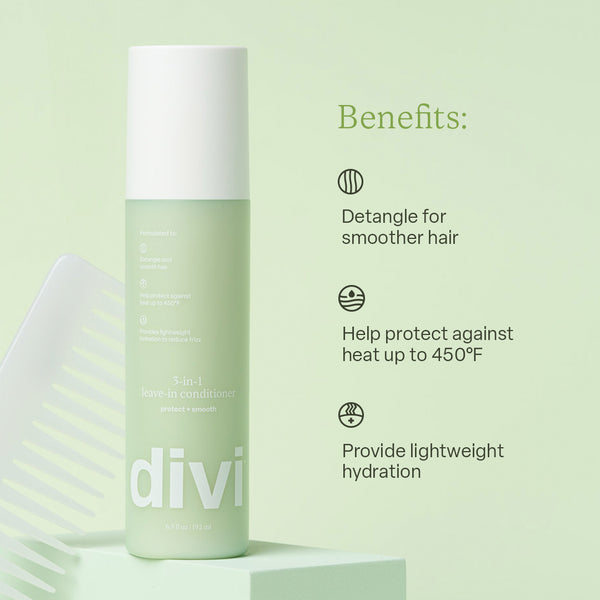








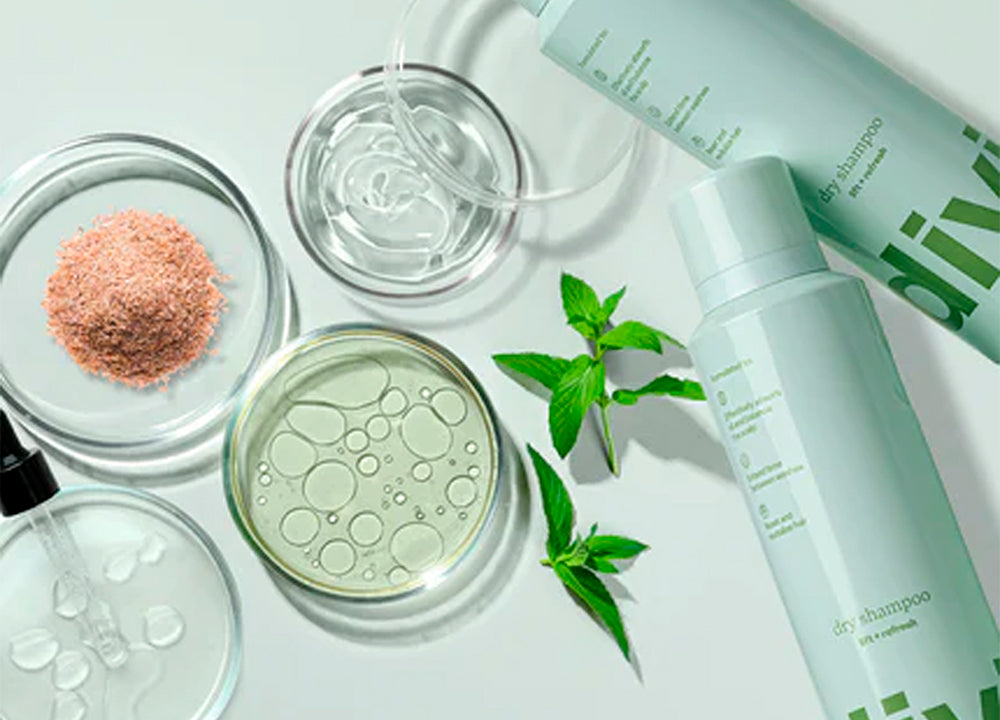

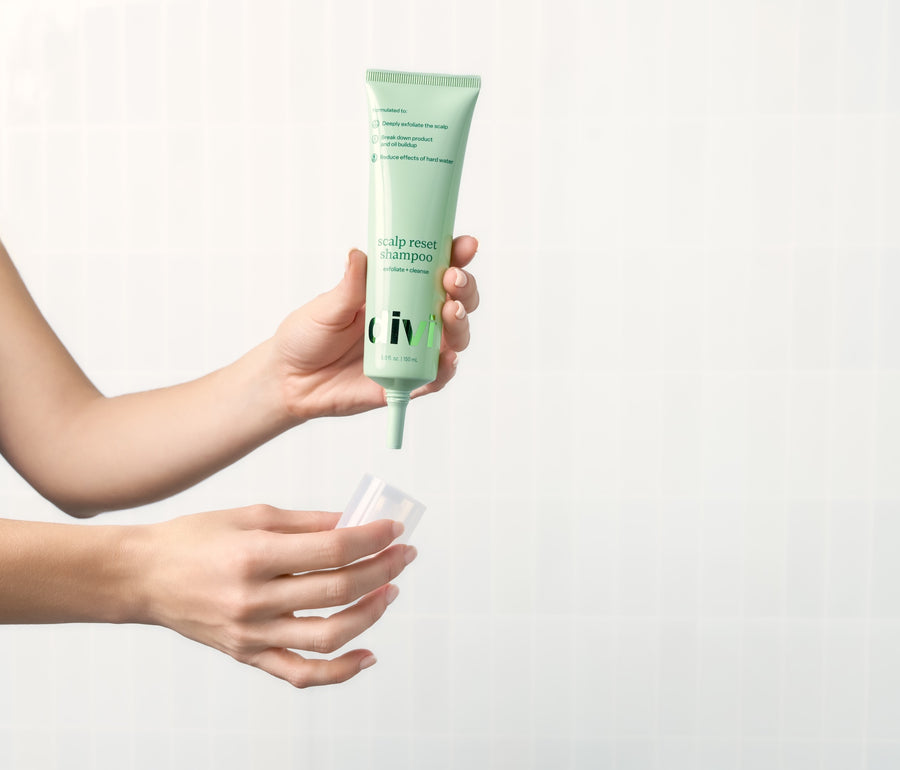

 Scalp Serum
Scalp Serum
 Scalp Reset Shampoo
Scalp Reset Shampoo
 Dry Shampoo
Dry Shampoo
 Best Sellers Bundle
Best Sellers Bundle
 Weekly Reset Duo
Weekly Reset Duo
 Root Touch Up
Root Touch Up
 Strand Plumping Styling Cream
Strand Plumping Styling Cream
 Root Reset Duo
Root Reset Duo
 3-in-1 Leave-In Conditioner
3-in-1 Leave-In Conditioner
 Air Dry Cream
Air Dry Cream
 Wash Day Essentials
Wash Day Essentials
 Frizz-Fighting Trio
Frizz-Fighting Trio
 Home & Away Dry Shampoo Bundle
Home & Away Dry Shampoo Bundle
 Volumizing Shampoo & Conditioner
Volumizing Shampoo & Conditioner
 Jumbo Volumizing Shampoo & Conditioner
Jumbo Volumizing Shampoo & Conditioner
 Volumizing Starter Bundle
Volumizing Starter Bundle
 Major Volume Bundle
Major Volume Bundle
 Volume Rescue Trio
Volume Rescue Trio
 Hydrating Shampoo & Conditioner
Hydrating Shampoo & Conditioner
 Whipped Repair Treatment Mask
Whipped Repair Treatment Mask
 Hydrating Starter Bundle
Hydrating Starter Bundle
 Hydration Heroes
Hydration Heroes
 Travel-Sized Volume Duo
Travel-Sized Volume Duo
 Travel-Sized Hydrating Duo
Travel-Sized Hydrating Duo
 Divi's Discovery Set
Divi's Discovery Set
